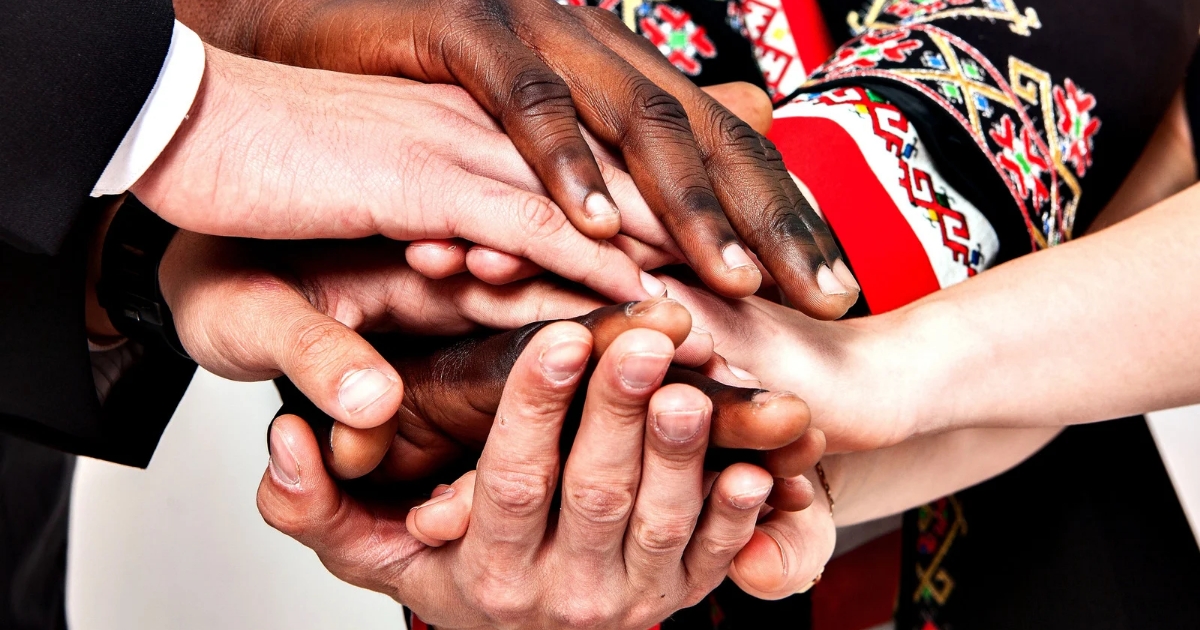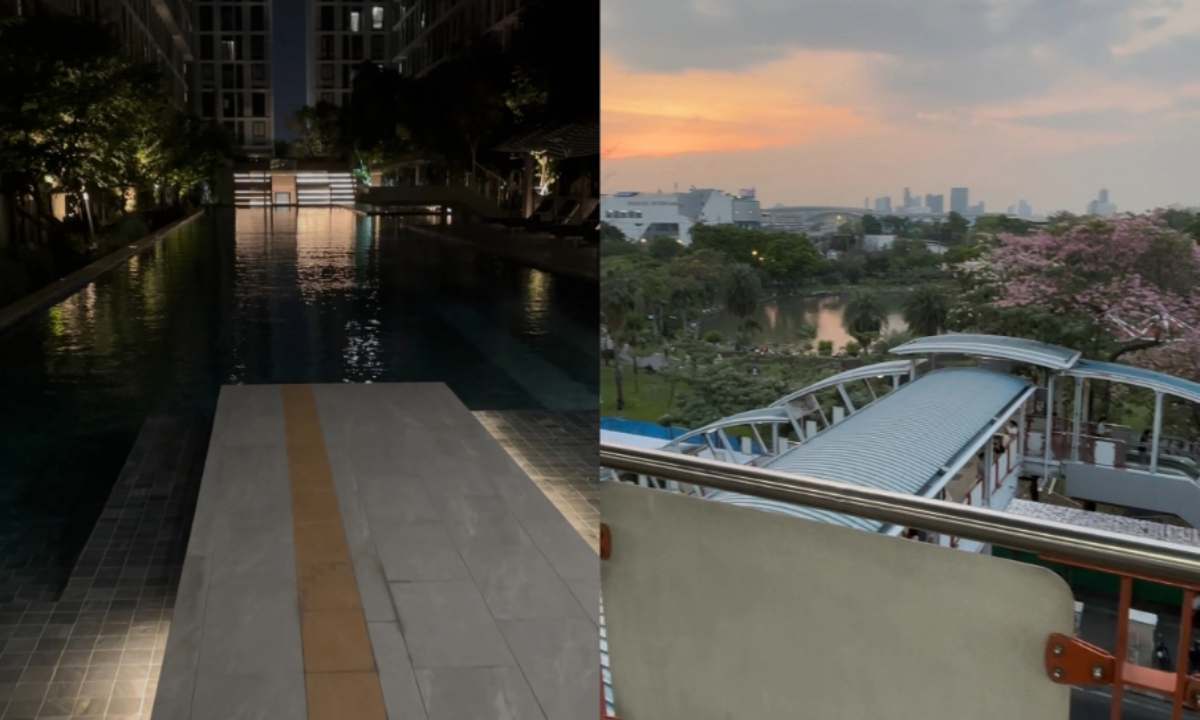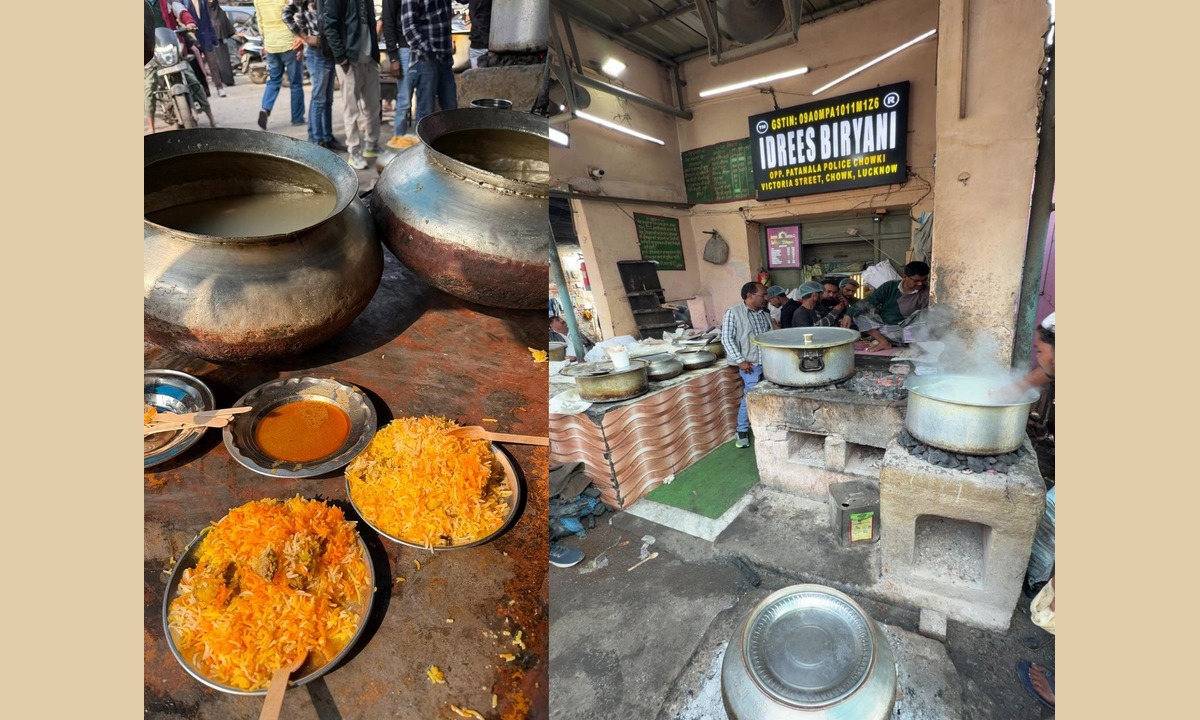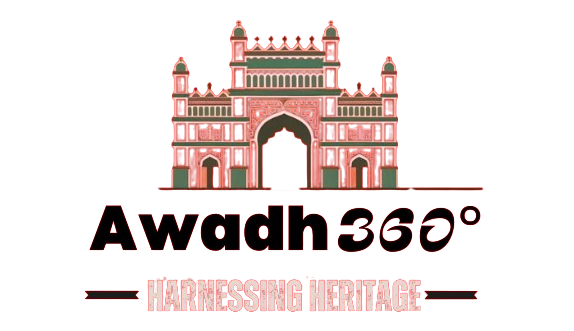
Identity Politics in the 21st Century: Empowerment or Divisiveness?
In the complex tapestry of Indian politics, identity has always been a potent force. From caste to religion, language to region, various identities have shaped political narratives, policies, and power dynamics. However, in the 21st century, the phenomenon of identity politics has taken on new dimensions, sparking debates on whether it serves as a tool for empowerment or leads to further divisiveness within society.
Identity politics, at its core, revolves around the idea that individuals' social identities—such as race, ethnicity, gender, sexuality, religion, or caste—shape their political beliefs and actions. Advocates argue that by recognizing and mobilizing around these identities, marginalised groups can assert their rights, demand representation, and challenge systemic inequalities.
One of the most significant impacts of identity politics in India has been its role in giving voice to historically marginalized communities. Dalits, Adivasis, women, and religious minorities have used identity-based movements to demand social justice, equal opportunities, and political representation. For instance, the Dalit assertion led by leaders like Dr. B.R. Ambedkar resulted in the inclusion of affirmative action policies in the Indian Constitution to uplift oppressed castes.
Similarly, identity-based movements have been instrumental in raising awareness about issues such as gender inequality, religious discrimination, and linguistic rights. The women's movement, for instance, has campaigned for legal reforms, gender-sensitive policies, and greater representation in decision-making bodies. Likewise, linguistic identity movements have advocated for the preservation and promotion of regional languages and cultures.
However, the flip side of identity politics is its potential to deepen divisions and foster social fragmentation. By emphasizing group identities over commonalities, identity politics can polarize society along fault lines, leading to intergroup conflicts and hindered nation-building efforts.
In India, the caste-based mobilisation, though aimed at uplifting marginalized communities, has also led to caste-based politics, often perpetuating caste divisions and tensions. Similarly, religious identity politics has been exploited by some political actors to incite communal violence and consolidate vote banks along religious lines, undermining the secular fabric of the nation.
Furthermore, identity politics has sometimes been criticized for essentializing identities, reducing individuals to mere representatives of their social groups and overshadowing their individual agency and diverse experiences. This essentialization can reinforce stereotypes, stigmatize certain groups, and impede efforts towards building inclusive societies.
Moreover, identity politics can lead to a zero-sum mentality, where the advancement of one group's interests is perceived as a threat to another's. This competitive dynamics can hinder cooperation and dialogue between different identity groups, exacerbating social tensions and hindering collective efforts towards common goals such as economic development and social cohesion.
Despite these criticisms, it is essential to recognize that identities are not inherently divisive; it is the way they are politicized and mobilised that determines their impact on society. Identity politics, when practiced responsibly, can serve as a catalyst for positive social change, fostering inclusion, diversity, and representation.
In the 21st century, as India grapples with the challenges of globalization, urbanisation, and cultural pluralism, identity politics is likely to remain a prominent feature of its political landscape. However, to harness its potential for empowerment while mitigating its divisive tendencies, policymakers, civil society actors, and political leaders must adopt a nuanced approach that acknowledges the complexity of identity dynamics.
First and foremost, efforts should be made to address the structural inequalities and injustices that underlie identity-based grievances. Economic empowerment, access to quality education, healthcare, and social welfare programs are essential for leveling the playing field and reducing dependency on identity-based politics for asserting rights and resources.
Secondly, there is a need for greater dialogue, empathy, and understanding between different identity groups. Building bridges of solidarity and mutual respect can help transcend narrow identity-based interests and foster a sense of belonging to a shared national community.
Thirdly, political leaders must refrain from exploiting identity politics for short-term electoral gains and instead focus on policies and governance that benefit all segments of society. By promoting inclusive development agendas and ensuring equitable distribution of resources, leaders can build trust and legitimacy across diverse constituencies.
Moreover, there is a need for institutional reforms to strengthen democratic processes, ensure the representation of marginalised groups, and safeguard their rights. Electoral reforms, decentralisation of power, and effective implementation of anti-discrimination laws are crucial steps towards building a more inclusive and participatory political system.
At the same time, civil society organisations, media outlets, and educational institutions have a vital role to play in promoting critical thinking, tolerance, and pluralism. By challenging stereotypes, amplifying marginalized voices, and fostering intergroup dialogue, these actors can contribute to building a more cohesive and resilient society.
Identity politics in the 21st century presents both opportunities and challenges for Indian democracy. While it has been instrumental in empowering marginalized communities and raising awareness about social injustices, it also has the potential to exacerbate divisions and hinder nation-building efforts. To navigate these complexities, it is essential to adopt a balanced approach that addresses underlying inequalities, fosters dialogue and solidarity, and strengthens democratic institutions. Ultimately, the goal should be to make every individual feel valued and represented in nation-building efforts.
Popular Categories
Read More Articles
Travel and Tourism
Travel to Thailand gets costlier: International passenger service fee to jump 53% from June by Awadh 360° Desk February 22, 2026Travel and Tourism
Thailand Extends Visa-Free Stay for Indians to 60 Days, Allows 30-Day Extension by Awadh 360° Desk February 19, 2026Travel and Tourism
Lucknow or Zaike: A City Remembered Through Taste by Mohammed Syed Zaid February 11, 2026Business
What's Up With WhatsApp? by Prateek Shukla February 9, 2026



